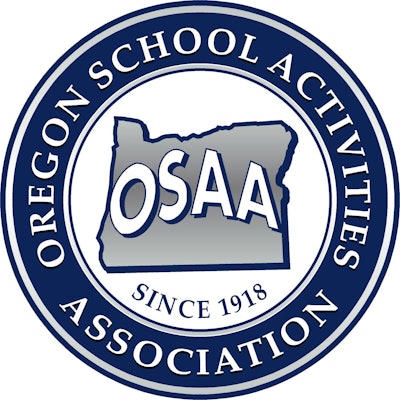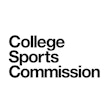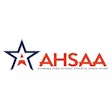
The Oregon School Activities Association is hopeful that a new online training course will give high schools a clear plan to address discriminatory acts at athletic events.
As reported by Jerry Ulmer of OSAAtoday, athletic directors, coaches and officials are required to complete the OSAA's Interrupting and Preventing Discriminatory Acts Training, a one-time certification that takes about 20 minutes. As of Aug. 24, more than 6,000 had completed the training.
The training is in response to an uptick in reports of discriminatory acts at high school athletic events across the country and reflects an increased focus on sportsmanship by the National Federation of State High School Associations, Ulmer wrote. It outlines protocols and obligations for reporting on such acts and promotes intentional communication between participants, administrators and event management.
Related: HS Ends All Competition With Rival After Racist Incident
“We felt like there was a need to increase the awareness around people's roles and responsibilities during events,” OSAA executive director Peter Weber said. “It seemed like there were situations where people weren't sure what to do if information was reported to them or if they saw something.”
Kate Williams, athletic director at Catlin Gabel School in Portland, told Ulmer she has received positive feedback from coaches about the course, with many of them saying they wish it had been available sooner.
“This is a very valuable training,” Williams said. “Hopefully it's something that coaches and administrators will really look at and embed in their daily practices, and how they approach game management and the overall culture that they're trying to create for their athletic department.”
Hood River Valley High School athletic director Trent Kroll said he applauds the OSAA for being proactive.
“Of course there's a little bit of, 'How many more trainings will we have for coaches?' ” Kroll said. “But once coaches take it, they understand.
“I love that it's not just our head coaches, but our assistants and volunteer coaches that are watching the training. It's going to be a statewide movement to change not just the way kids talk to kids, but how our coaches and adults talk to kids.”
According to Ulmer, the OSAA staff gathered information and created the training course, which includes voice-overs from the OSAA Student Advisory Council and NFHS executive director Karissa Neihoff. The OSAA Executive Board reviewed and approved the material at its summer workshop.
Assistant executive director KT Emerson, who along with Weber is part of the OSAA's Equity and Diversity Advisory Committee, told Ulmer that the training fills a void.
“There's not a lot out there that specifies, 'How do we interrupt? How do we respond to an incident at a sporting event compared to it happening in a classroom?'” Emerson said. “We're trying to hone in on the athletic side of it.
“The most pressing need is in the beginning, making sure that there's a presence, and the understanding for a student or a coach that they have the ability to report when something occurs. It's being more addressed now, for sure, in helping students know that they have a voice.”
Related: UHSAA Attempts to Address Racist Fan Behavior
The training establishes a response protocol. If a player reports an incident to a coach, it must be relayed to the game official, who will bring both coaches together to discuss it. The coaches are then sent back to the students to remind them of the zero-tolerance policy for discriminatory acts. Officials must report incidents to event management.
“Having the OSAA make it clear what is expected from administrators, coaches, community members, players, it kind of brings everyone onto the same page,” Williams said. “We're all operating from the same place.”
Weber said that “intentional communication” is a key factor in prevention.
“We want people to be aware that if something is reported to them, or they see or hear something, they need to act,” Weber said. “There needs to be that communication there so that it can be addressed at the time.
“In an ideal world, it gets handled between the two schools. Certainly if something rises to the level that it needs to be addressed by OSAA, I think we've shown that we're prepared to deal with that and work through that with the schools involved.”
In such situations, Williams said, direct dialogue between schools is “by far the ideal.”
“If everyone shares the same objective in terms of, 'Let's use this opportunity for learning and growth,' then that's the best place to start,” Williams said.
Kroll said the training is timely for Hood River Valley, considering the 5A school's move from the Intermountain Conference to the Northwest Oregon Conference this year.
“We're a very diverse community in Hood River. Forty-two percent of our students speak Spanish at home,” Kroll said. “We've been competing against schools that aren't as diverse as us, and now we're going to be competing against schools that are more diverse.”
According to Ulmer, the OSAA introduced in 2019 a system of reporting incidents after the passage of House Bill 3409, which implemented behavioral policies for the state's voluntary organizations.
The OSAA developed a complaint form and is continuing to develop specifics for its sanctioning process. Upon receiving a complaint, the OSAA contacts the schools involved to ensure that they are looking into the matter and communicating with each other. In some cases, the OSAA will bring in a third-party investigator, Ulmer reported.
“Since we have a reporting mechanism, we have more incidents reported and more intentional follow-through happening at the school level,” Emerson said.





































